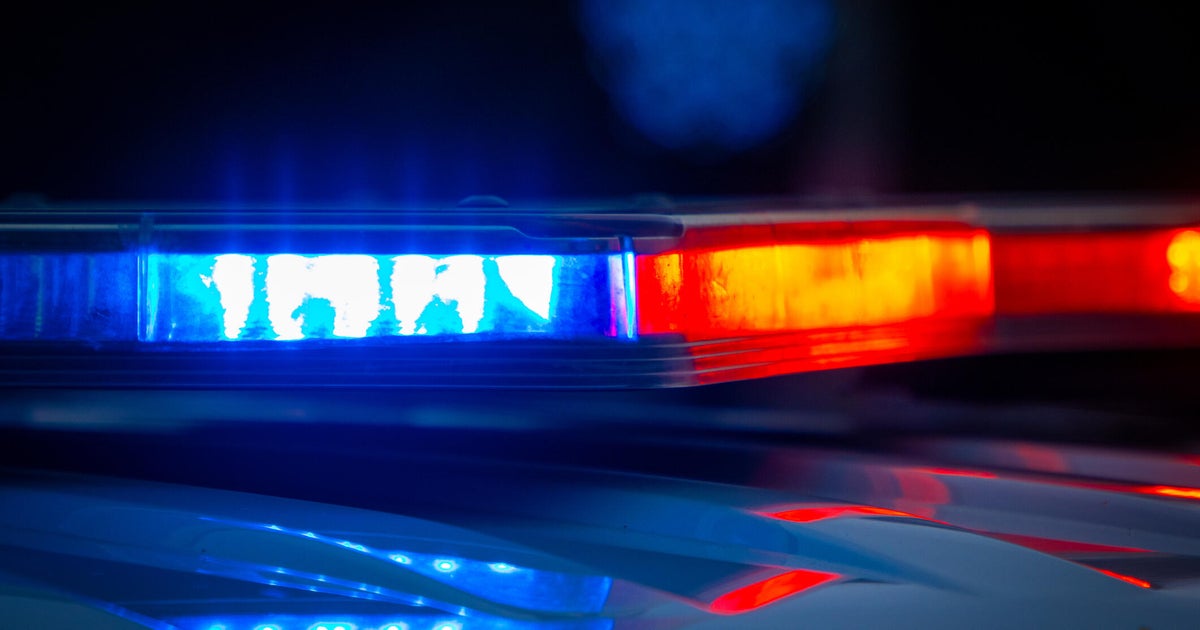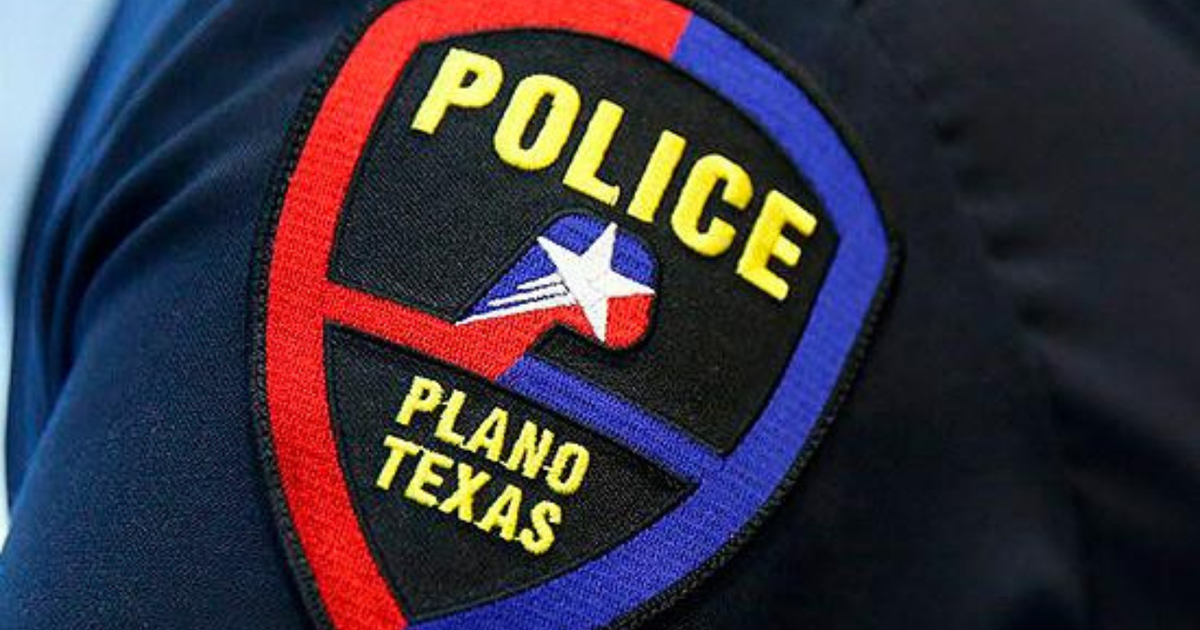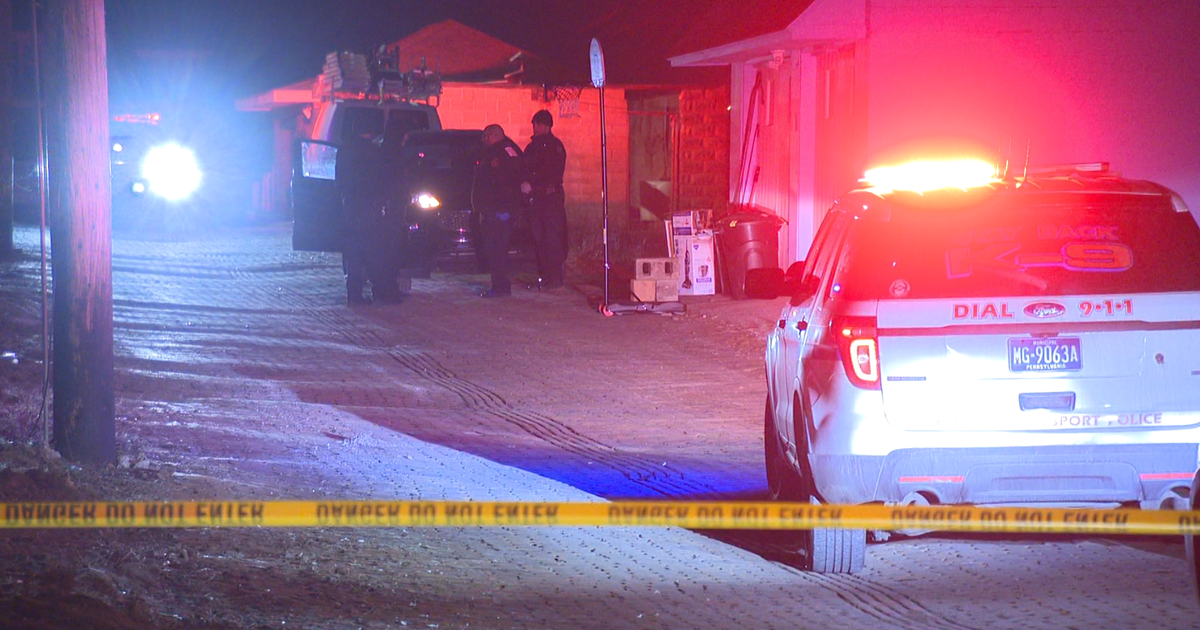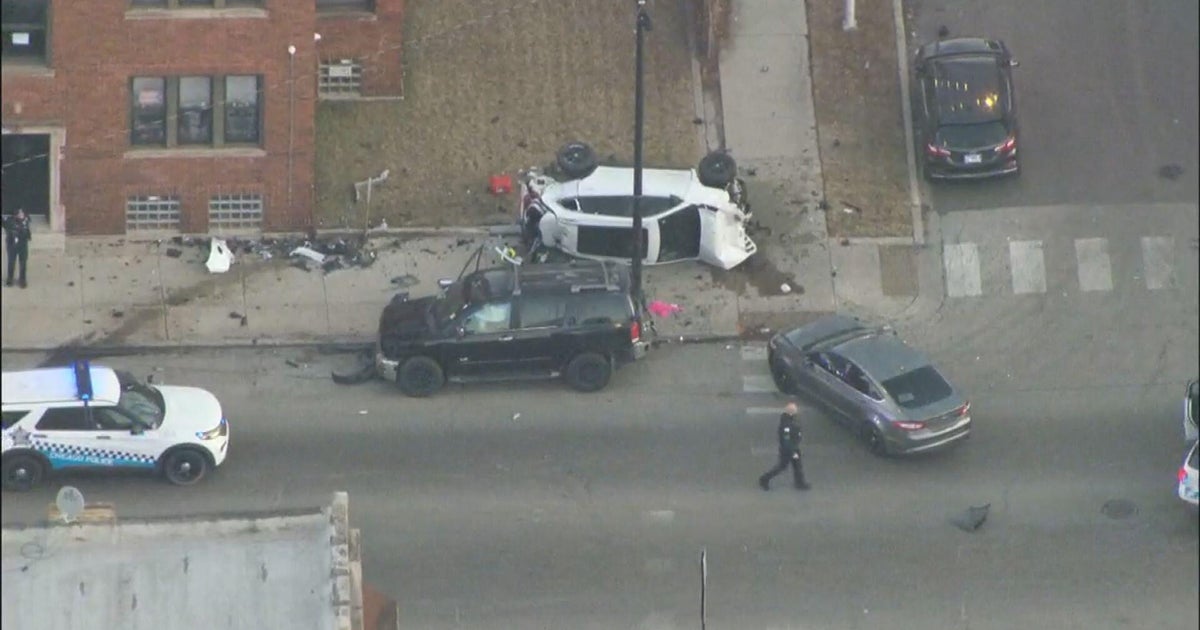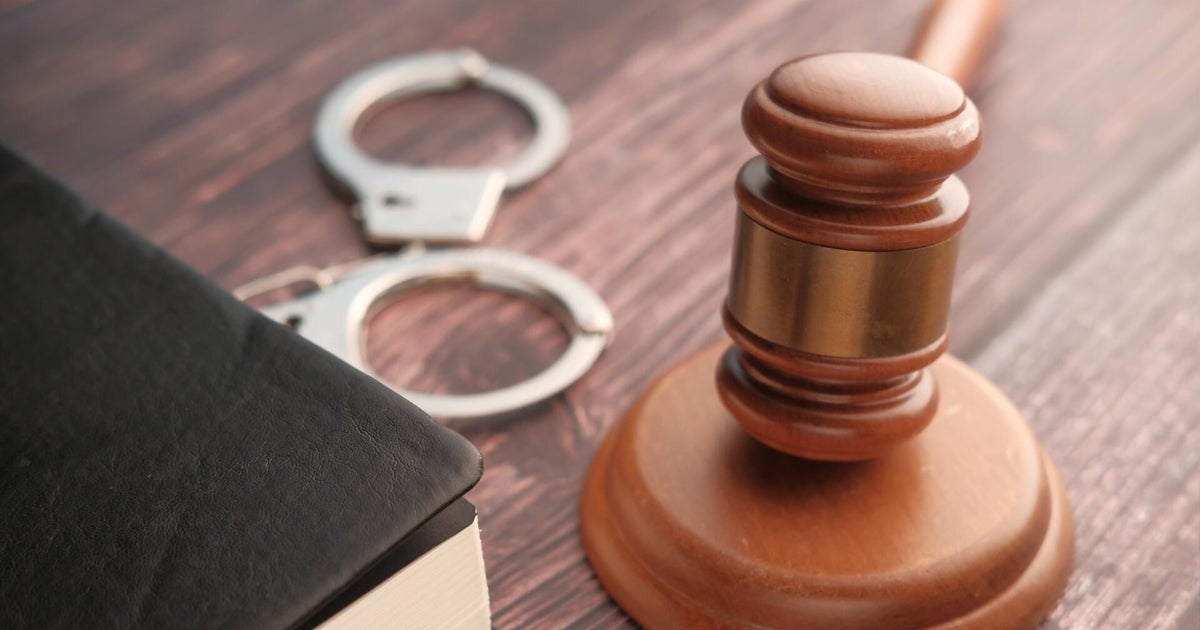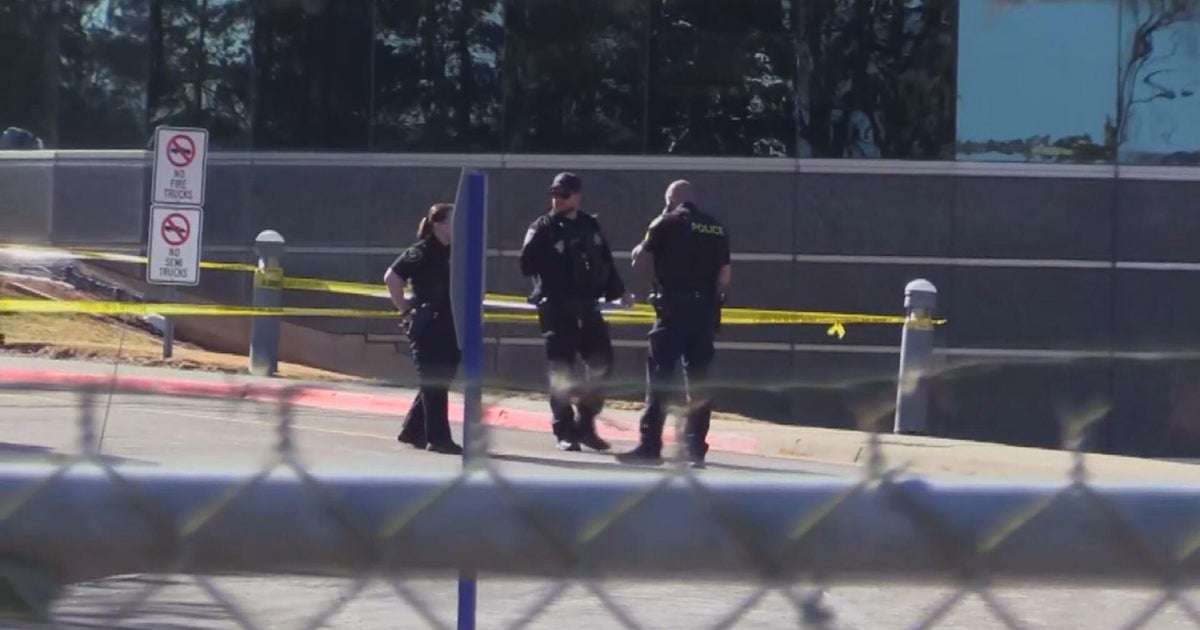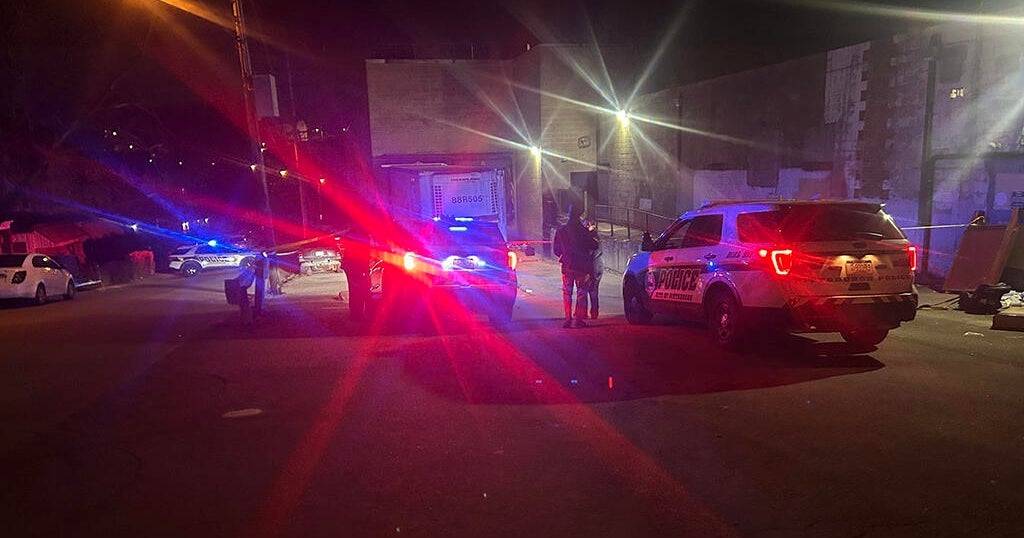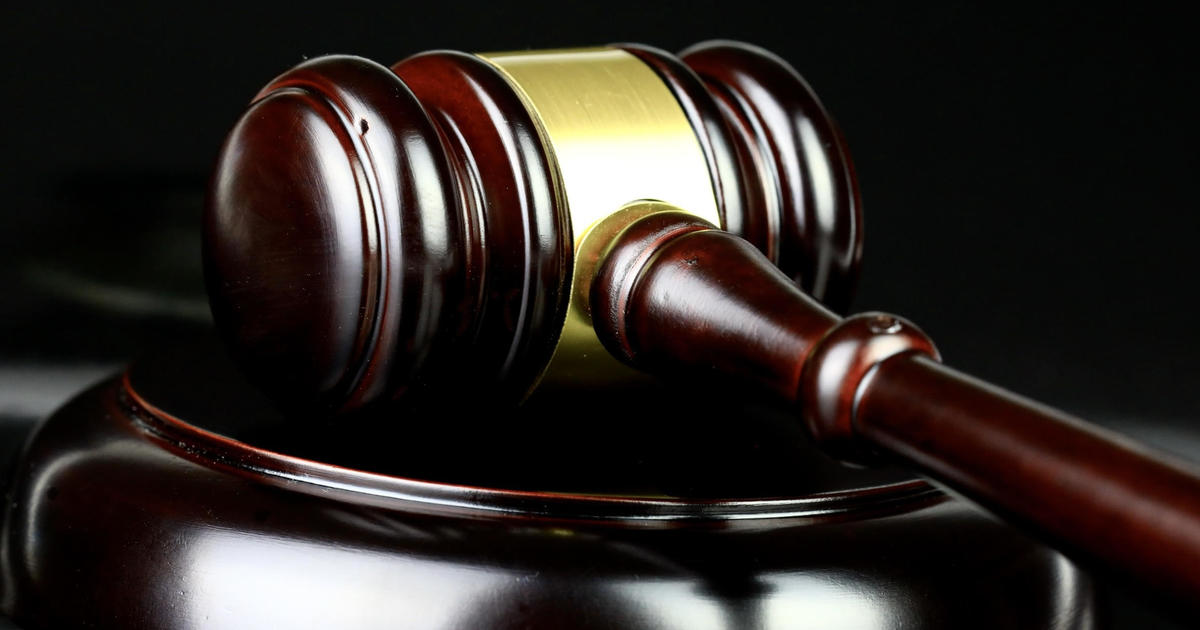Oakland Police Radios Failed During President's Visit
OAKLAND (CBS/AP) -- This city's year-old $18 million police radio system failed repeatedly during President Barack Obama's visit to Oakland on Monday and during protests surrounding it.
Many of the 100 police officers assigned to presidential security duty that day were unable at times to communicate through their radios with police dispatchers, and even with each other, during the president's fundraiser at a downtown theater, according to the head of the city's police union.
At one point, officers couldn't reach dispatchers for about 30 minutes, said Barry Donelan, president of the Oakland Police Officers Association. Another time, some officers reported that the radios failed altogether shortly after the president departed and some protesters began blocking downtown streets.
KCBS' Holly Quan Reports:
"It doesn't work, that's the bottom line. Our officers have absolutely no confidence with this current radio system," Donelan told The Associated Press on Thursday. "It puts my officers and the citizens they serve in serious jeopardy because of its unreliability."
City officials said Thursday that while some officers experienced some "intermittent" transmission problems, there never was a complete system shutdown and officers were able to communicate with each other.
"There was never a complete failure," said Police Chief Howard Jordan, who said he used the radio system on Monday.
The radio system that began operating in June 2011 was supposed to be a needed upgrade from the previous analog network reputed to have numerous dead zones in some of the most dangerous parts of town.
But the P25 digital system has been even more troublesome, plagued by breakdowns and dead spots that have left officers' vulnerable to blackouts across Oakland and even in many commercial buildings, including the basement of the downtown police headquarters.
The radio system manufacturer, Harris Corp. of Melbourne, Fla., did not immediately return a phone message and email seeking comment Thursday.
An independent report commissioned by City Administrator Deanna Santana's office released last week said the new system needs numerous improvements due to "poor reception, unclear audio and speaker problems."
Santana said Thursday that the urgency to fix the system was prevalent long before Obama's visit.
"Clearly there are some issues for us to address," Santana said. "The urgency is always been one of the issues that's been front and center."
Calls to the U.S. Secret Service to inquire if they were aware about the radio issues were not immediately returned Thursday.
Donelan said the radio problem, which averages about 500 glitches a month, is another setback in a department that has seen a 30 percent reduction in officers since 2010 and a 20 percent spike in violent crime this year.
"Our officers don't know when or where it's going to work a regular basis," Donelan said. "The failure becomes magnified when the president of the United States is here, but how about the on-duty officer is confronted with an armed suspect, needs some backup and his radio doesn't work? ... That puts the lives of everyone connected in jeopardy."
Monday's radio problems were caused by a cooling unit failure on a transmission tower in the Oakland Hills, police and city officials say. It was repaired Tuesday.
Oakland had fast-tracked the new system instead of joining a regional network of 40 agencies in Alameda and neighboring Contra Costa County that could provide a larger and more reliable service.
Bill McCammon, executive director of the East Bay Regional Communications system, said Oakland city officials contacted him after Monday's problems to learn more about the multicounty collaborative.
McCammon said he understands why the city might not want to ditch a radio system that cost millions of dollars, most of it federal grant money.
"We built and designed a system to include (Oakland) and we've been working with them before some of these things happened," said McCammon. "Clearly there's a sense of frustration on many levels with their system. But I believe that we have a much more reliable system with better coverage, and it may be more cost effective than just standing alone."
Santana said that the city has to figure out what within the city's current radio system could be preserved and what could be replaced or enhanced by joining the regional system.
"There are various options," Santana said. "We're looking at all options available to address improved performance."
Jordan said he wants a reliable system for the city's first responders.
"We want a system that works when we use it all of the time, and especially in times when it's critical incidents both for police and fire," Jordan said.
(Copyright 2012 by CBS San Francisco. All rights reserved. This material may not be published, broadcast, rewritten or redistributed.)
